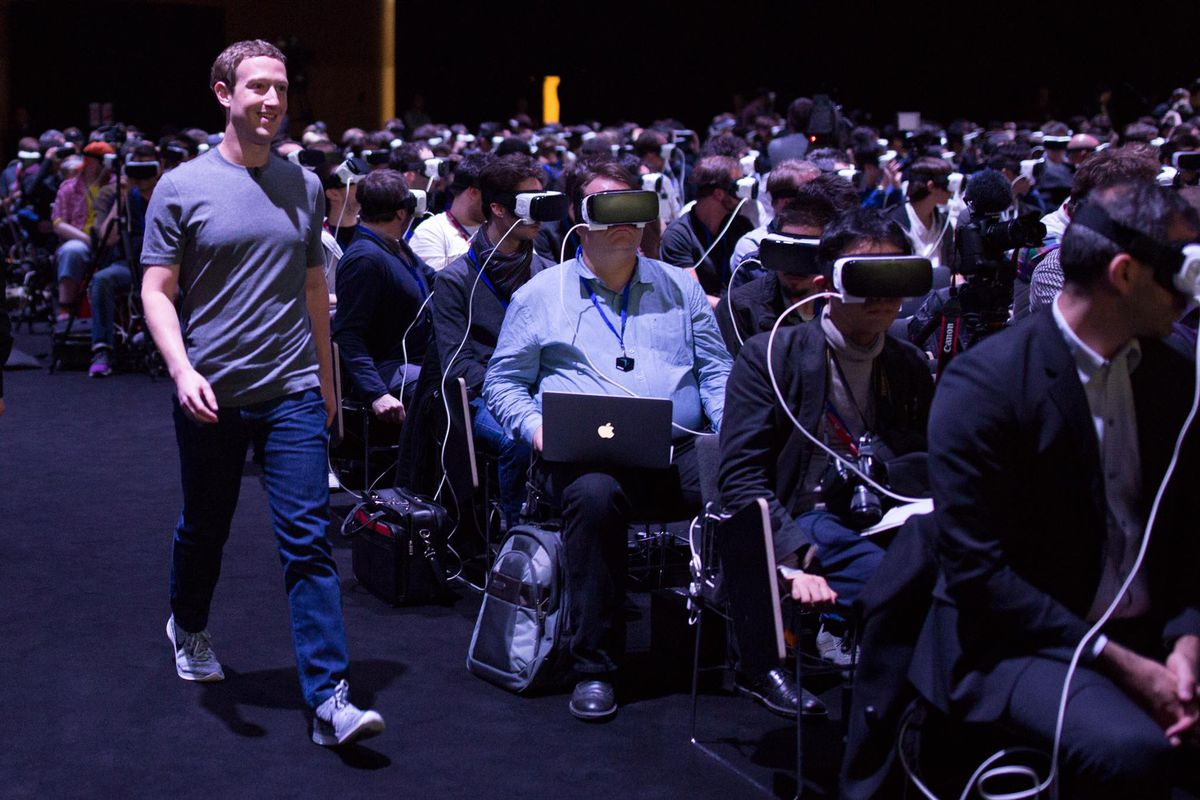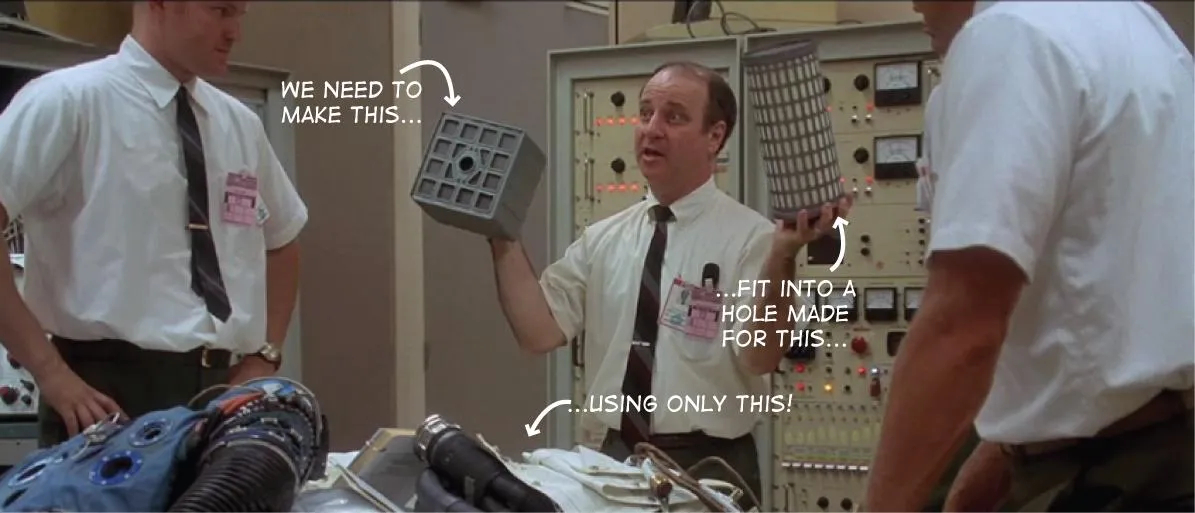
The Meh-taverse, Crypto Use Cases, and How Power Works in The Writing Industry, and
Here’s everything we published this week.
August 6, 2022 · Updated January 29, 2026
Knowledge Partner: McKinsey & Company
The office of the future: A whole new (floor) plan. Revisiting your talent strategy for a hybrid world? A carefully redesigned office space is one way to tempt employees back through the doors.
Happy Sunday!
Before we dive in, a quick question: Are you looking for a job? Or looking to hire? There are 52 thousand of you here, including 64 active job seekers from places like Uber and Meta that have registered so far. One suspects there are quite a few more matches to be made.
And with that, here’s everything we published this week:
The Meh-taverse
Evan Armstrong / Napkin Math
This week on Napkin Math, Evan reviews a recently-published book by Matthew Ball that predicts a future where we will work and play in 3d spaces, and the physical world will become increasingly less important to us. The book is intellectually honest about how far off and uncertain this is, but the author also has a “metaverse” ETF, which is kind of weird. Furthermore, there’s a fundamental problem with the metaverse thesis: 3d doesn’t solve a problem that most people have.
How to break the anxiety-fear-avoidance cycle
Casey Rosengren / Superorganizers
You probably know what it’s like to start a new job or project brimming with enthusiasm, and then to feel it get quieter and quieter over time, only to one day realize you’re actively avoiding thinking about it anymore. Why does that happen? What can we do when we feel lost or paralyzed? The ACT Matrix is a tool used by professional psychologists to help us through these types of avoidant situations, and Casey Rosengren does a wonderful job making it accessible to all.
How Power Works in the Writing Industry
Nathan Baschez / Divinations
A few weeks ago Nathan published his step-by-step guide to analyzing a market, and now, this week, he’s back with a concrete example of the framework used in practice. The focus is “the writing industry”—the group of people who participate in the value chains that produce articles and books for us to read. Nathan has been working in this industry since 2015, and comes to some surprising answers to questions like, what is the job-to-be-done of writing and what is the source of star writers’ power?
Does Crypto Have Any Good Use Cases?
Nat Eliason / Almanack
“We’re at the fun part of the market where crypto has lost trillions of dollars in value and people are scrambling to make up reasons why it’s useful.” This is how Nat opens his latest essay for Almanack, which outlines several rational use cases for crypto that don’t rely on one iota of excitement at the prospect of owning a jpeg. If you want a rationally optimistic version of the case for web3, there are few better people to turn to than Nat.
This week on Ordinary Astronauts:
Social Media? Dying. Solo Creatorhood? Overrated. Meditation? Helps You Feel, Better.
Three topics this week:
- Is Social Media Dying? Last week we published an essay by Michael Mignano that made waves, predicting The End of Social Media. The theory is that algorithmic feeds are going to outcompete friend/follow graphs. The question is why, and the answer is that we're generally more interested in people who are professionally interesting than people we happen to know.
- Solo Creatorhood is Overrated. If the world really is moving away from friends and towards creators, the question becomes: what business models will support these creators? Dan and Nathan posit the controversial take that going it alone on the internet is overrated. It's good for some people but not great for so many others. We talk about how brands like Every can have a slot in your head as a sort of "creator"—corporations are people too, my friend! (Mostly kidding!)
- How Meditation Helps You Feel, Better. A lot of people think meditation is about feeling better, but what if it's actually about feeling, better? As in feeling whatever you are feeling, but with more depth and awareness and control, rather than being owned by the feeling? This helps us understand what the principle of non-attachment is really about.
And in the after-show, as a bonus, Nathan explains some incredible drama in the F1 world.
That is all we have this week! Stay cool, friends. It is hot out there.
The Only Subscription
You Need to
Stay at the
Edge of AI
The essential toolkit for those shaping the future
"This might be the best value you
can get from an AI subscription."
- Jay S.
Join 100,000+ leaders, builders, and innovators

Email address
Already have an account? Sign in
What is included in a subscription?
Daily insights from AI pioneers + early access to powerful AI tools


.jpeg)

.png)







Comments
Don't have an account? Sign up!